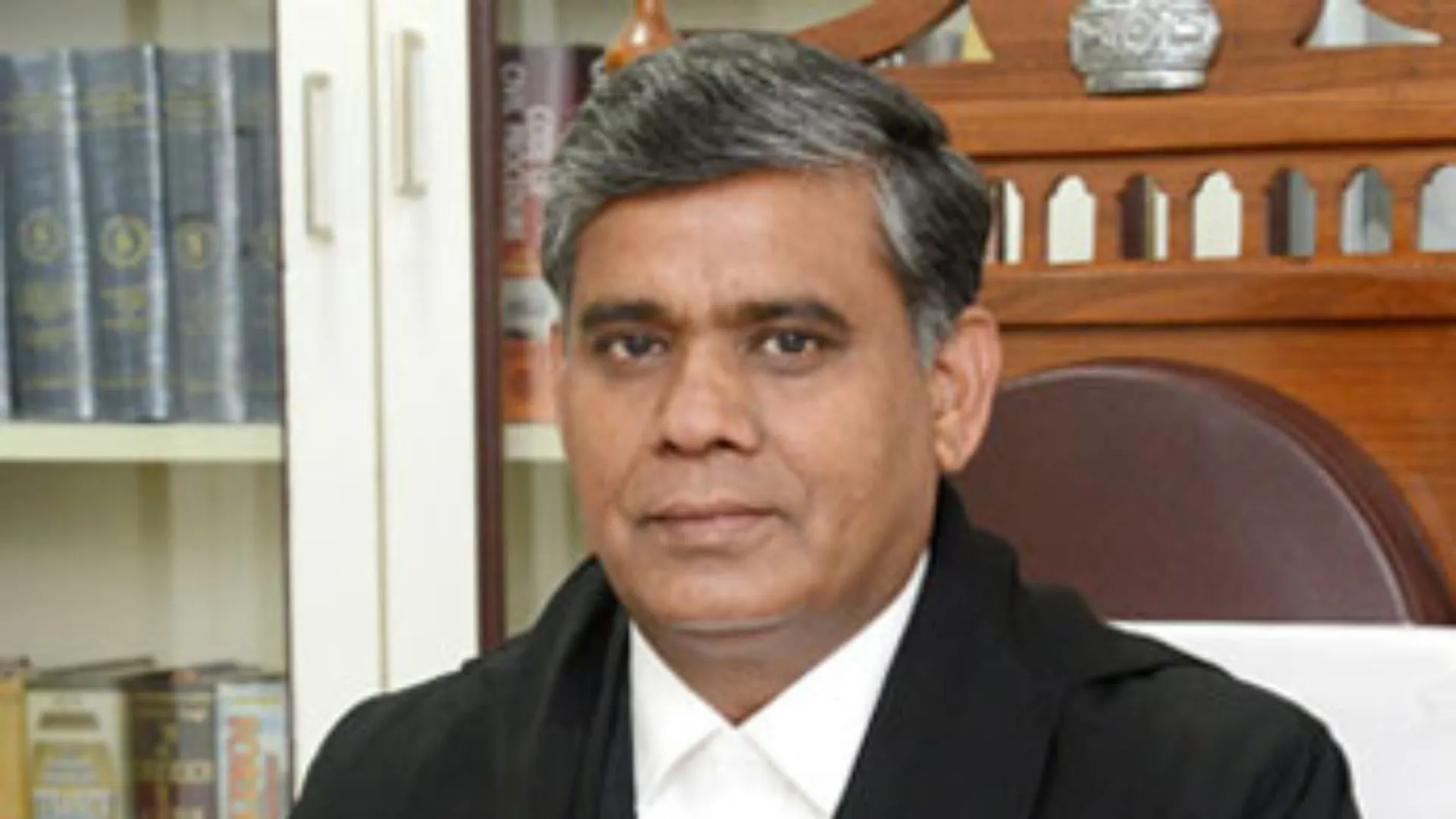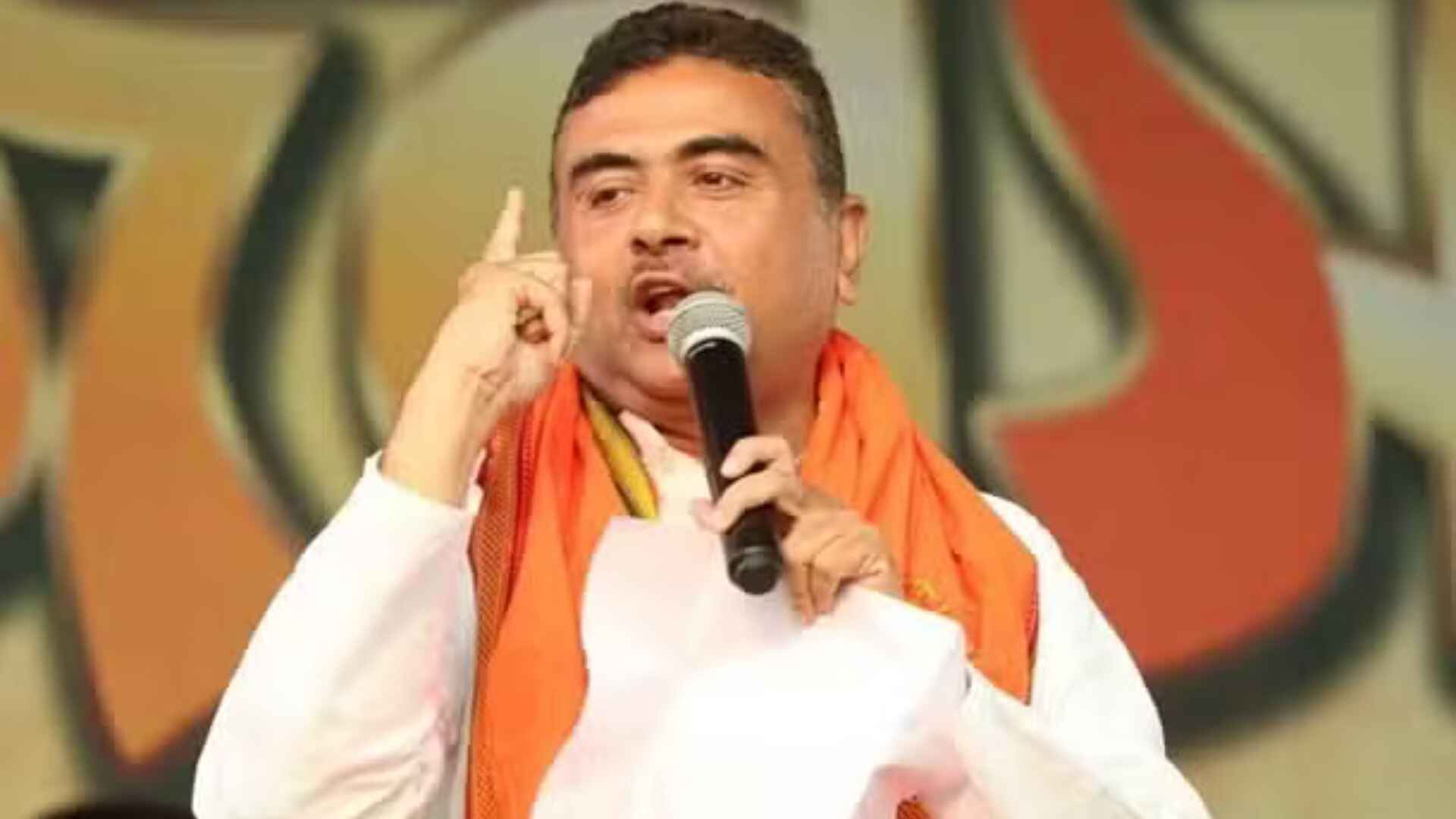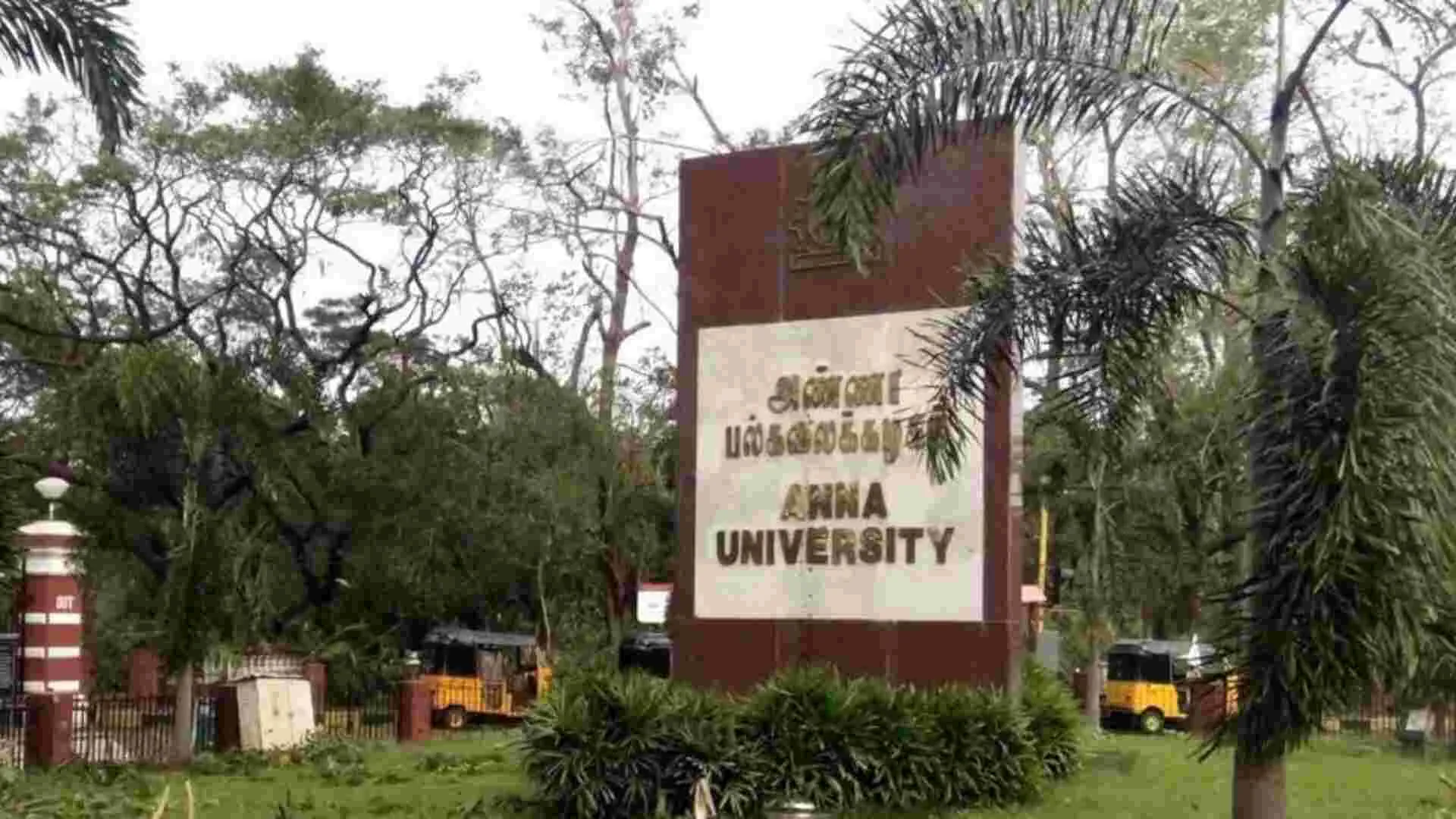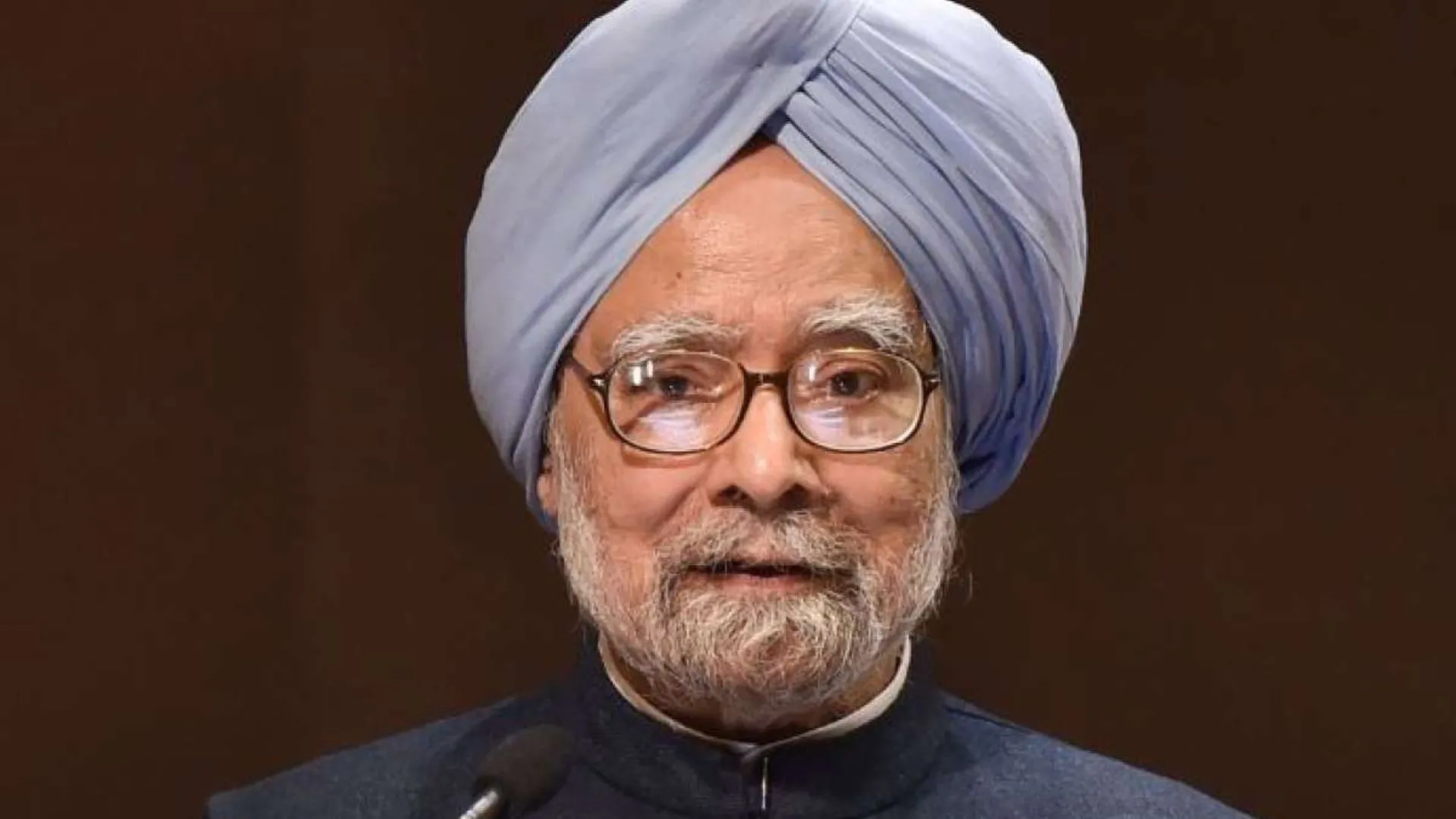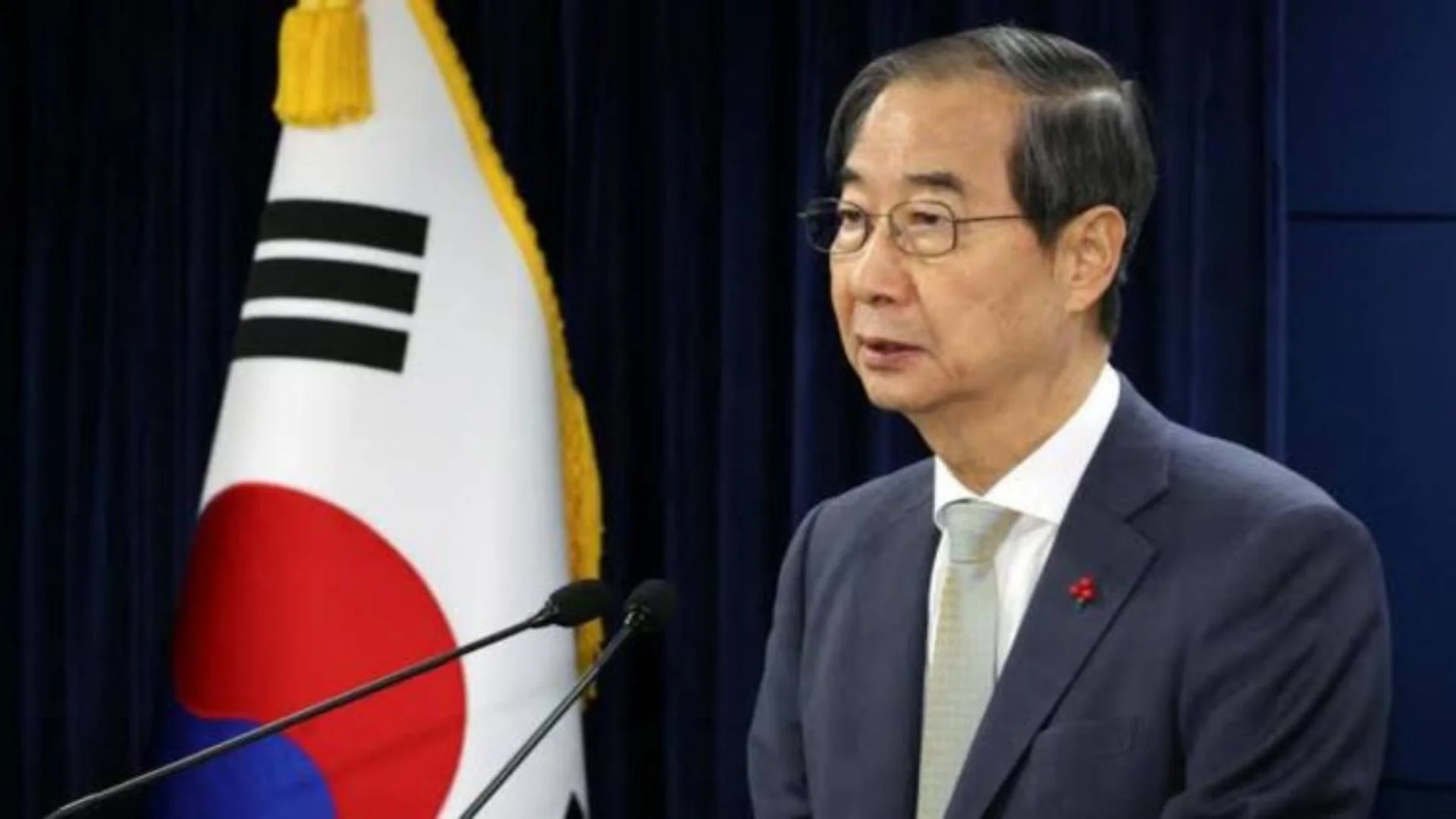The Waqf system in India is a complex and often contentious issue, entangled in legal disputes and public debate. As the Modi government pushes for reforms, discussions surrounding the Waqf have intensified. This institution, rooted in Islamic law, has significantly influenced religious and cultural dynamics in the country while sparking conflicts over land ownership and governance.
Understanding Waqf
Waqf refers to an Islamic charitable endowment where property is dedicated to religious or charitable purposes. Once designated as Waqf, the property cannot be sold or transferred, remaining in the charitable trust indefinitely. While the concept is noble, its implementation has led to significant controversies, including accusations of mismanagement and unauthorized claims over vast land areas.
The Controversies Surrounding Waqf
One of the major issues is the extensive number of properties claimed under Waqf across India. Numerous properties—ranging from private land to valuable urban real estate—have been registered as Waqf, often without proper documentation or the owners’ consent. This has resulted in legal battles over property ownership, raising concerns about the potential misuse of the Waqf system for land grabbing.
Commercial Exploitation of Waqf Land
Another contentious aspect is the commercial use of Waqf land. While intended for charitable purposes, many properties have been leased for profit-driven activities, transforming charitable endowments into revenue-generating ventures. This practice has drawn criticism, particularly from Hindu groups, who argue that it undermines the fundamental purpose of Waqf and leads to the unjust accumulation of wealth under the guise of religious obligations.
BJP’s Waqf Amendment Bill: A Call for Reform
In response to these issues, the BJP government, led by Prime Minister Narendra Modi, has proposed amendments to the Waqf Act. The Waqf Amendment Bill aims to introduce stricter regulations, enhance transparency, and prevent the misuse of Waqf properties. The proposed reforms have sparked opposition from various Islamic organizations, which claim the bill infringes on their religious rights. However, supporters assert that the reforms are essential to curtail the abuse of Waqf for personal and commercial interests.
Potential Changes After the Amendment
If passed, the proposed amendments could significantly alter the management of Waqf properties in India. Key changes include mandatory verification of Waqf claims to ensure only legitimate properties are registered, stricter controls on the commercial use of Waqf land, and increased transparency within Waqf Boards, which have faced accusations of mismanagement and corruption. The amendments aim to strike a balance between protecting religious rights and ensuring accountability.
Political Context and Criticism
Critics have also scrutinized the Congress party for converting prime evacuee properties—land left behind by those who migrated during Partition—into Waqf properties, arguing this was politically motivated to appease minority communities at the expense of broader public rights. Additionally, the exclusion of women and specific Muslim sects, such as Bohras and Aga Khanis, from Waqf Boards raises concerns about inclusivity and fairness within the system.
Public Response to Proposed Reforms
The proposed Waqf reforms have prompted a significant response from Hindu organizations across the nation. Hundreds of thousands of emails urging the government to proceed with the Waqf Amendment Bill have flooded in, reflecting a growing demand for accountability and transparency in Waqf management.
Conclusion
The Waqf debate in India transcends legal implications, encapsulating broader political and religious dynamics. The Modi government’s proposed Waqf Amendment Bill represents a significant step toward addressing the misuse of this institution, promoting transparency, and safeguarding public interests. Despite fierce opposition, the call for reform is undeniable, as the BJP seeks to uphold fair governance and protect the cultural and religious integrity of India while advocating for justice for all communities.



